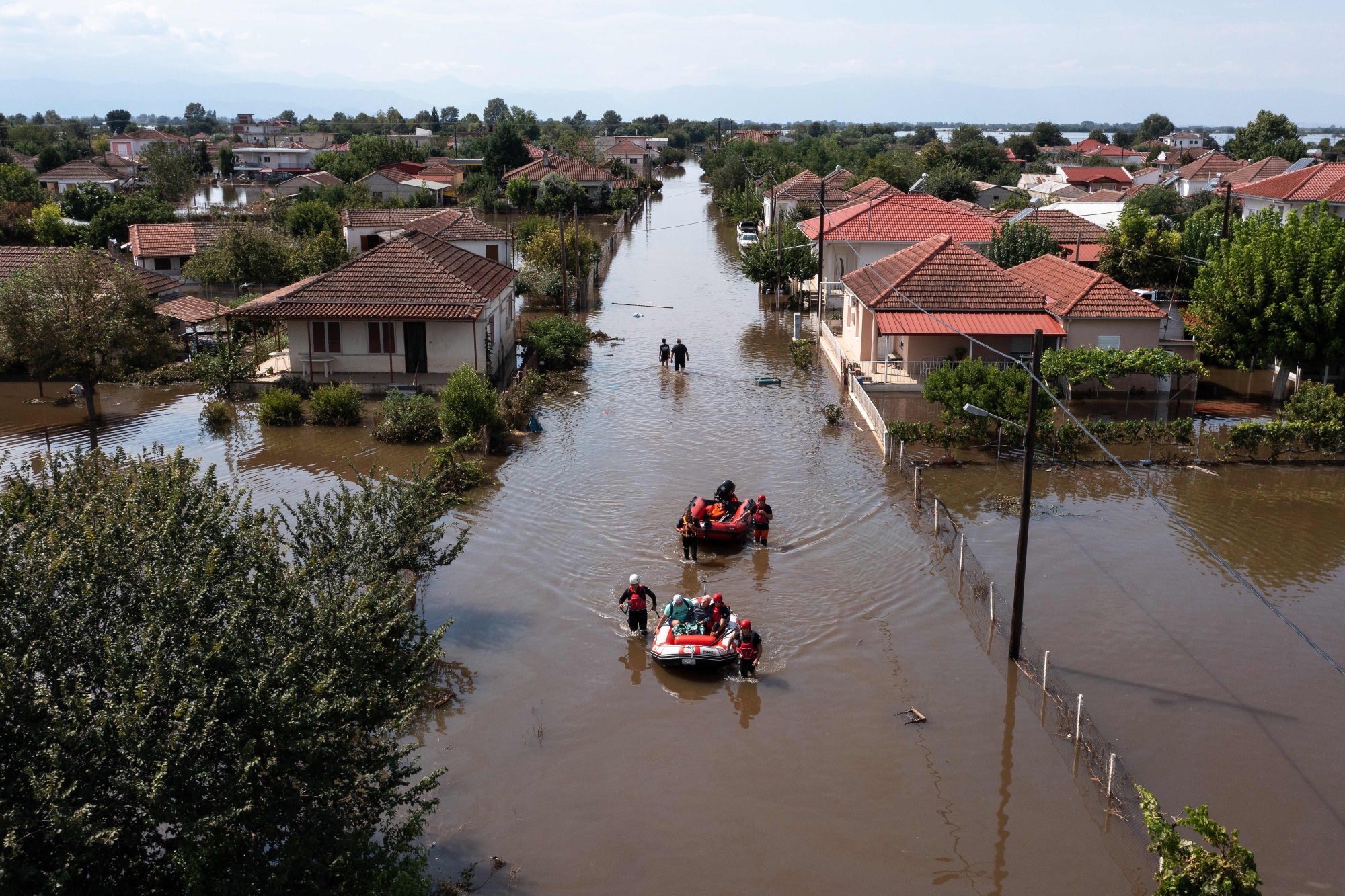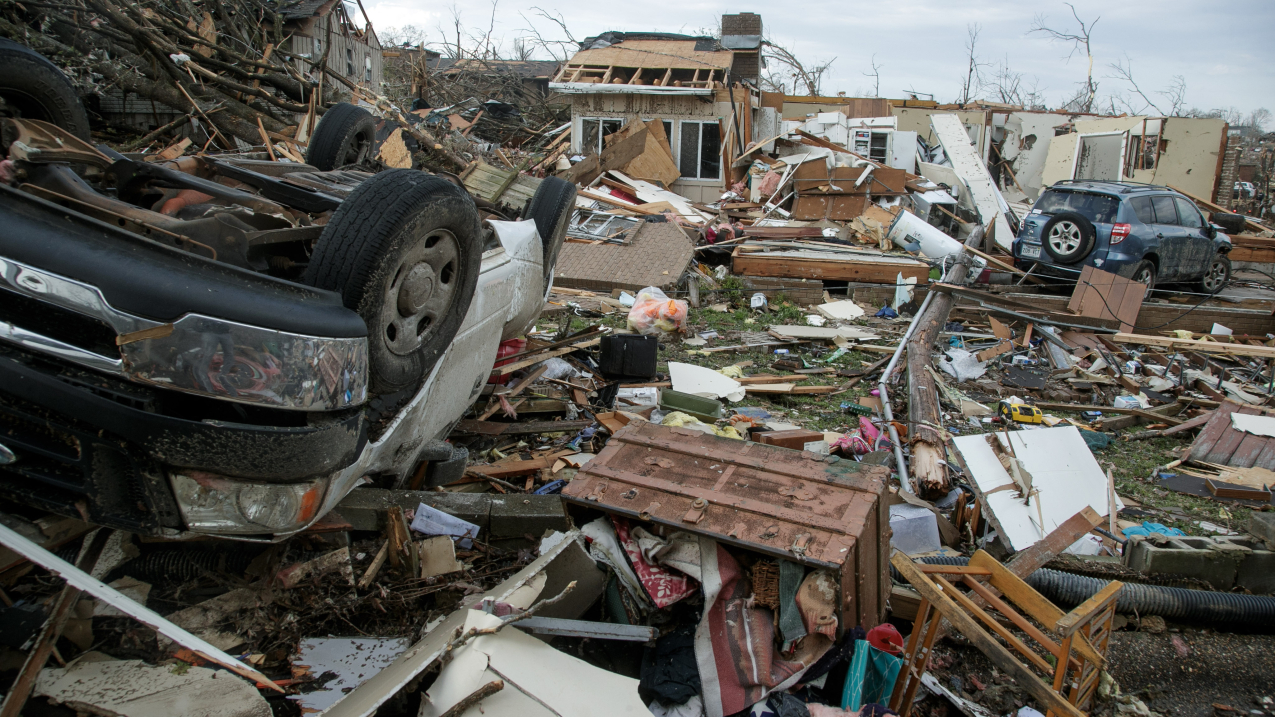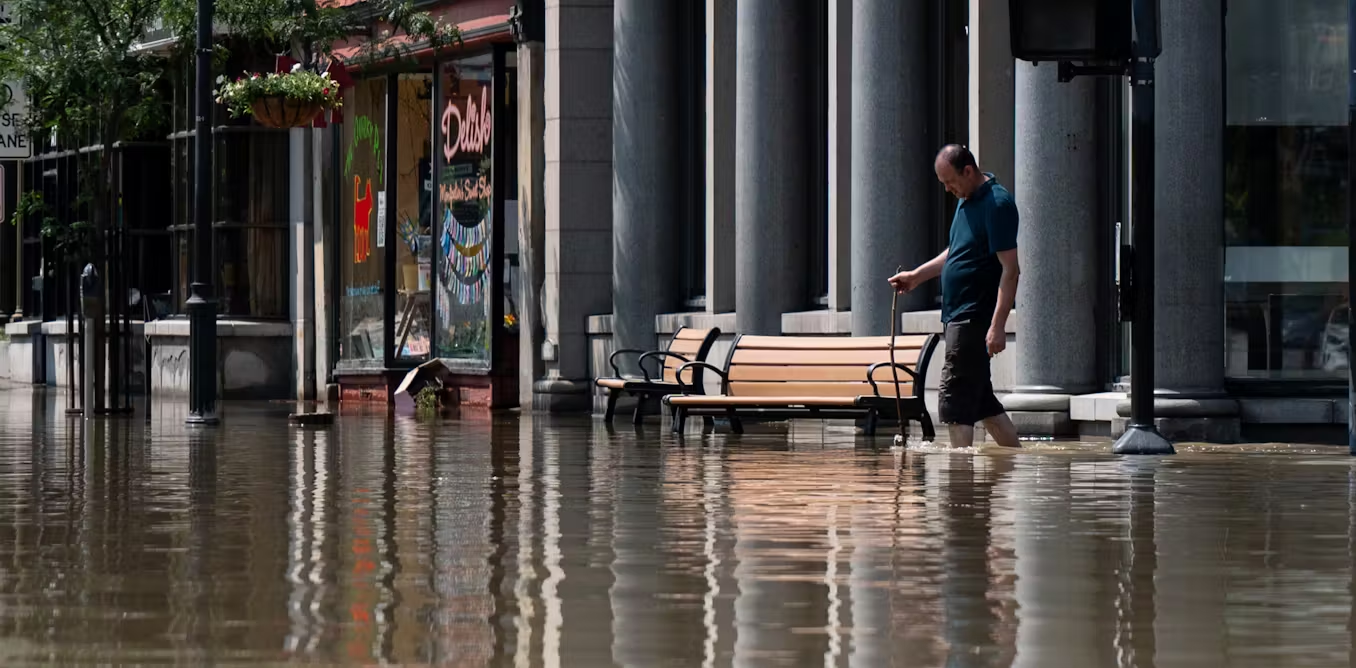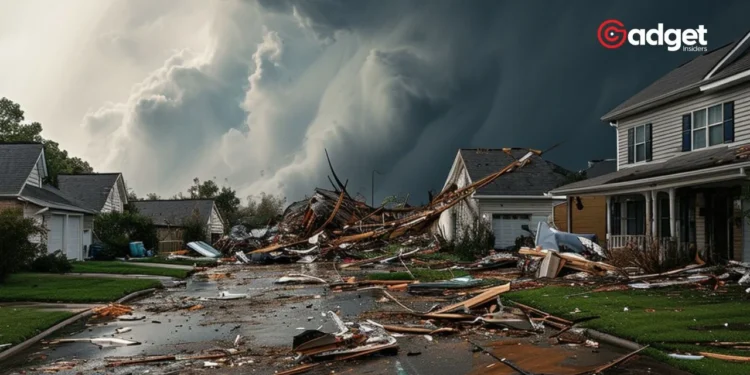The United States has faced an unprecedented series of severe weather events in 2024, each leaving a trail of destruction and hefty financial burdens. Before the hurricane season even begins, the nation has already encountered seven disasters that have each resulted in damages surpassing the billion-dollar mark.
As communities brace for more potential turmoil, the economic impacts of these disasters are drawing significant attention and concern.

FOX Business News contributor Scott Martin recently appeared on FOX Weather to delve into the economic repercussions of the severe weather events striking across the country.
“It is too early to determine the total cost of the recent severe weather and tornado outbreaks across the U.S.,” said Martin, highlighting the ongoing assessment of damages and costs associated with these catastrophic events. This statement underscores the uncertainty and escalating challenges faced by affected regions.
2024 has set a troubling pace for natural disasters in the U.S., with each event taking a significant financial toll on the economy.
From tornado outbreaks ripping through towns to severe storms unleashing chaos, the resilience of communities and infrastructure has been tested time and again. These events not only disrupt lives but also pose serious questions about preparedness and response strategies for future calamities.
The Economic Impact of Natural Disasters
The financial implications of such disasters are profound. Each billion-dollar disaster strains local economies depletes emergency funds, and necessitates substantial recovery efforts. The accumulation of these costs over multiple events can lead to heightened economic strain at both state and federal levels.
US already hit by 7 billion-dollar disasters in 2024 and it's only May https://t.co/INokCIXzhd #FoxWeather
— SuperGirlBunny_TheChamp (@SuperGirlDChamp) May 9, 2024
As the hurricane season approaches, concerns mount over the potential for even more severe weather events that could add to the already staggering damage toll. The anticipation of this season adds a layer of urgency to discussions about infrastructure resilience, emergency preparedness, and climate adaptation strategies.

Changing Weather Conditions: Preparation and Response
With the hurricane season on the horizon, the focus now shifts to enhancing preparedness and strengthening response mechanisms. Investments in infrastructure, comprehensive planning, and community education are critical to mitigating the impact of future disasters.
Furthermore, there is a growing conversation around climate change and its role in increasing the frequency and intensity of severe weather events.
As the U.S. navigates through these challenging times, the lessons learned from each disaster are invaluable. They not only inform better response strategies but also guide policy decisions and funding allocations to better equip communities for the uncertainties of a changing climate.

In this era of frequent and intense natural disasters, understanding the economic impacts and preparing for future events is more crucial than ever. As Scott Martin aptly noted, the full extent of this year’s damages is yet to be determined, but the imperative to act swiftly and decisively remains clear.










